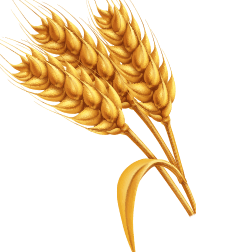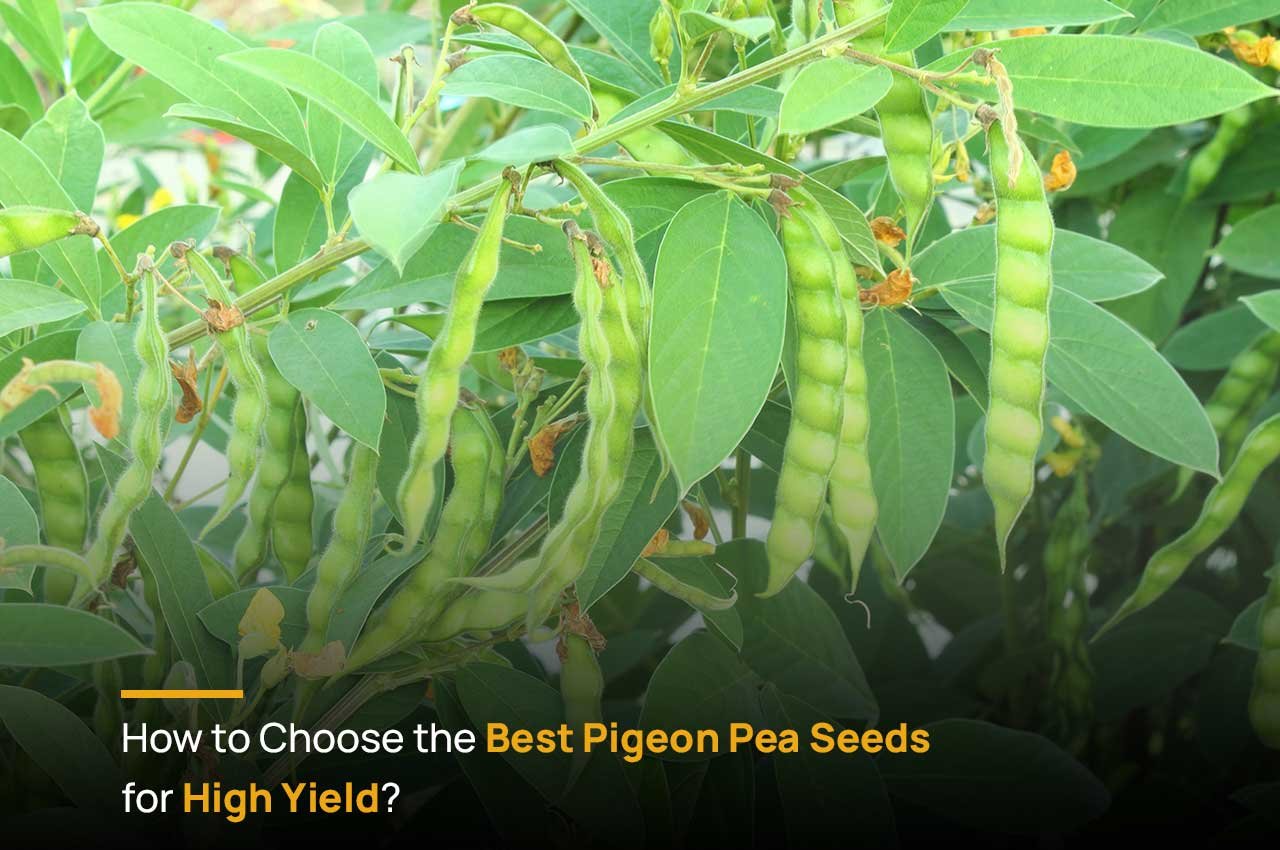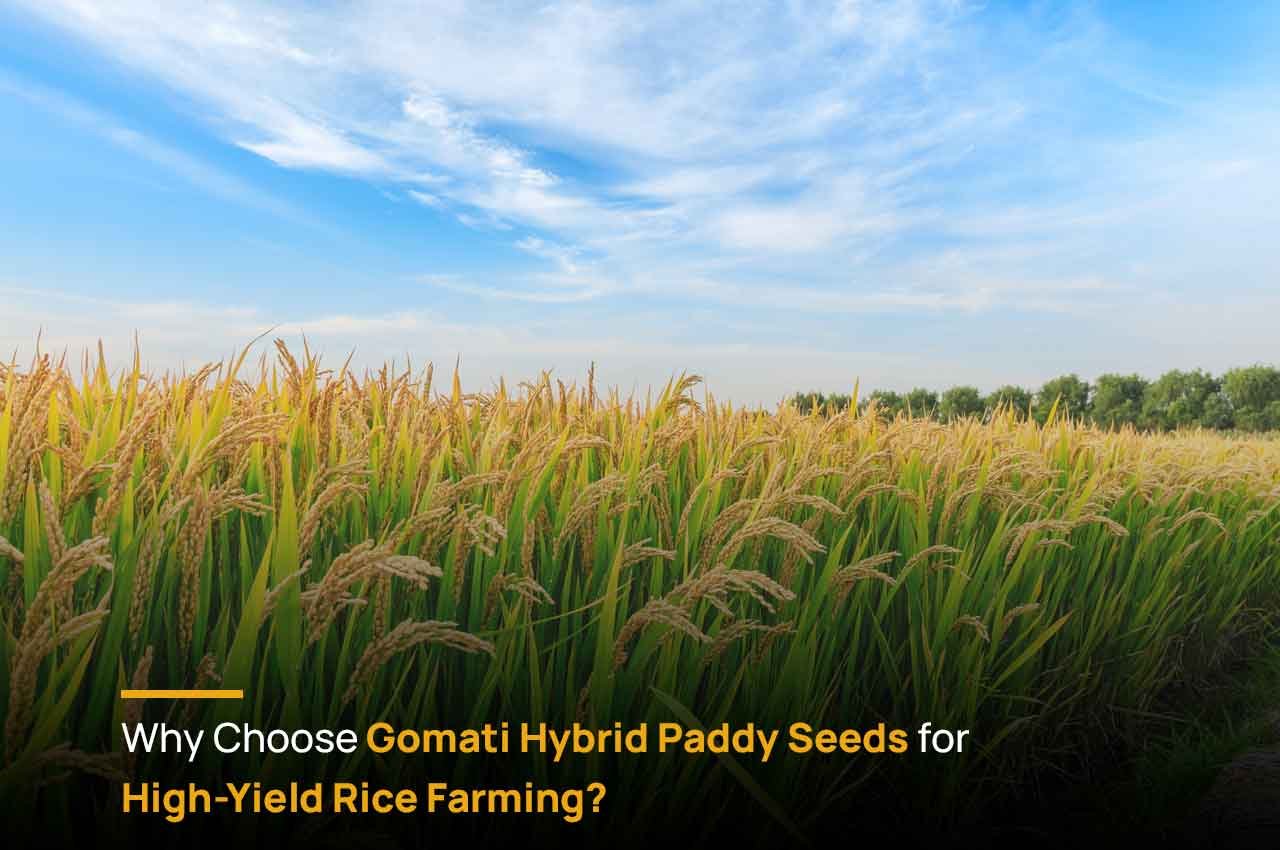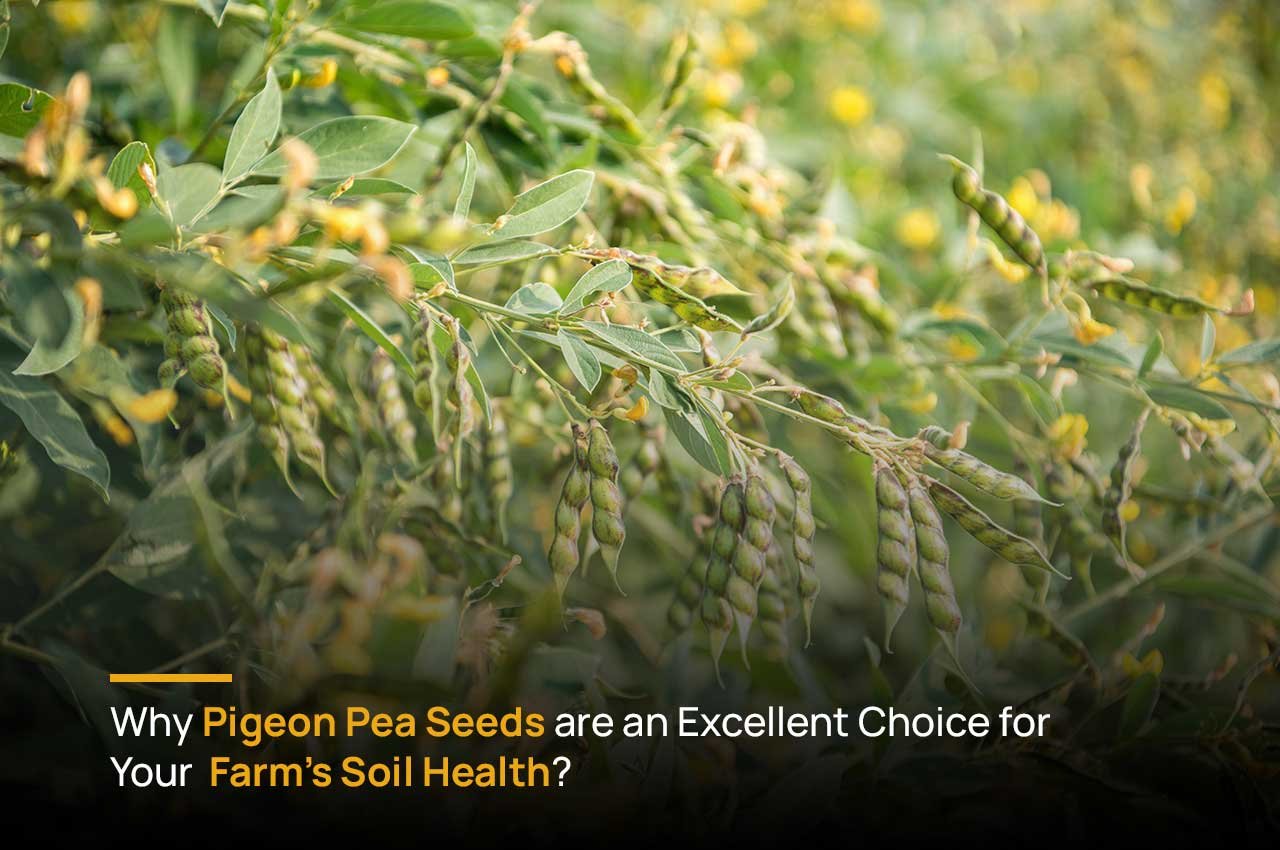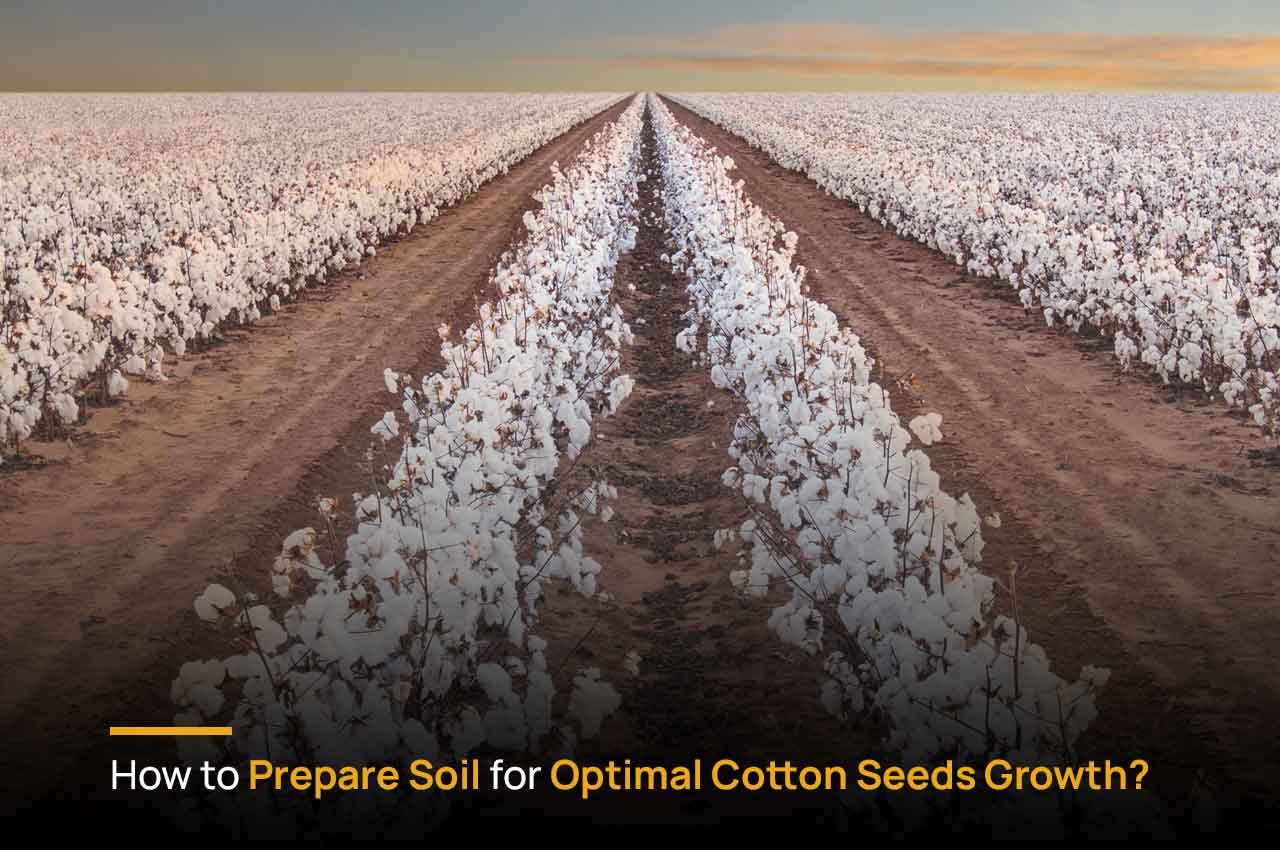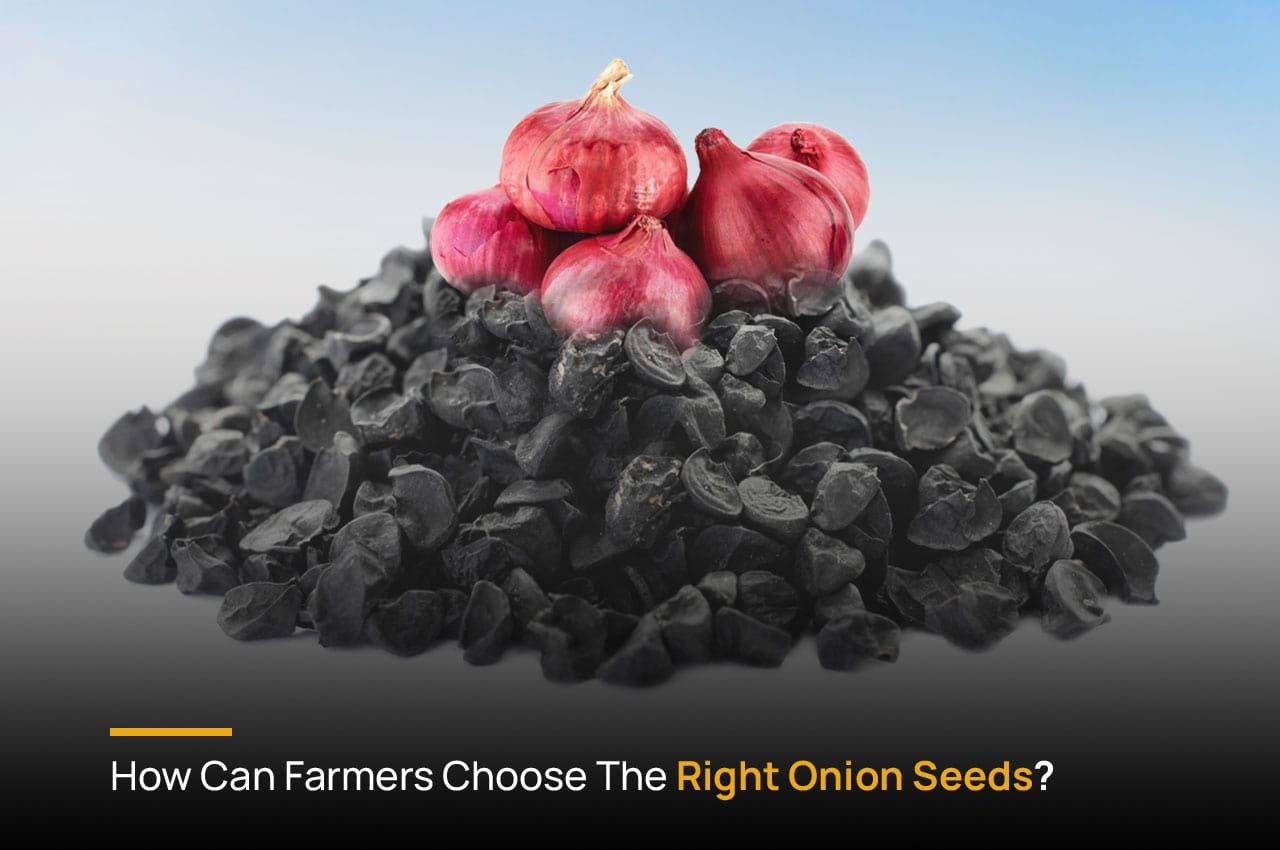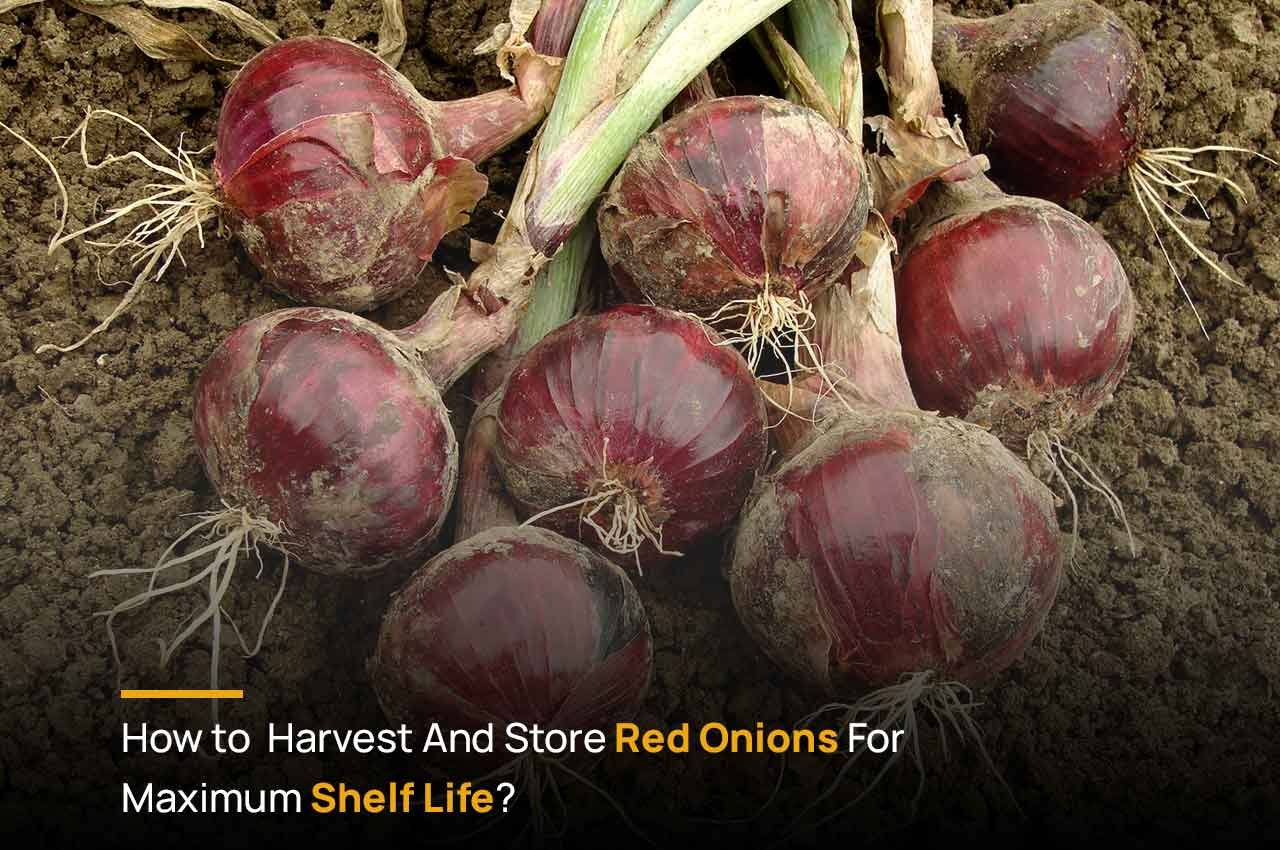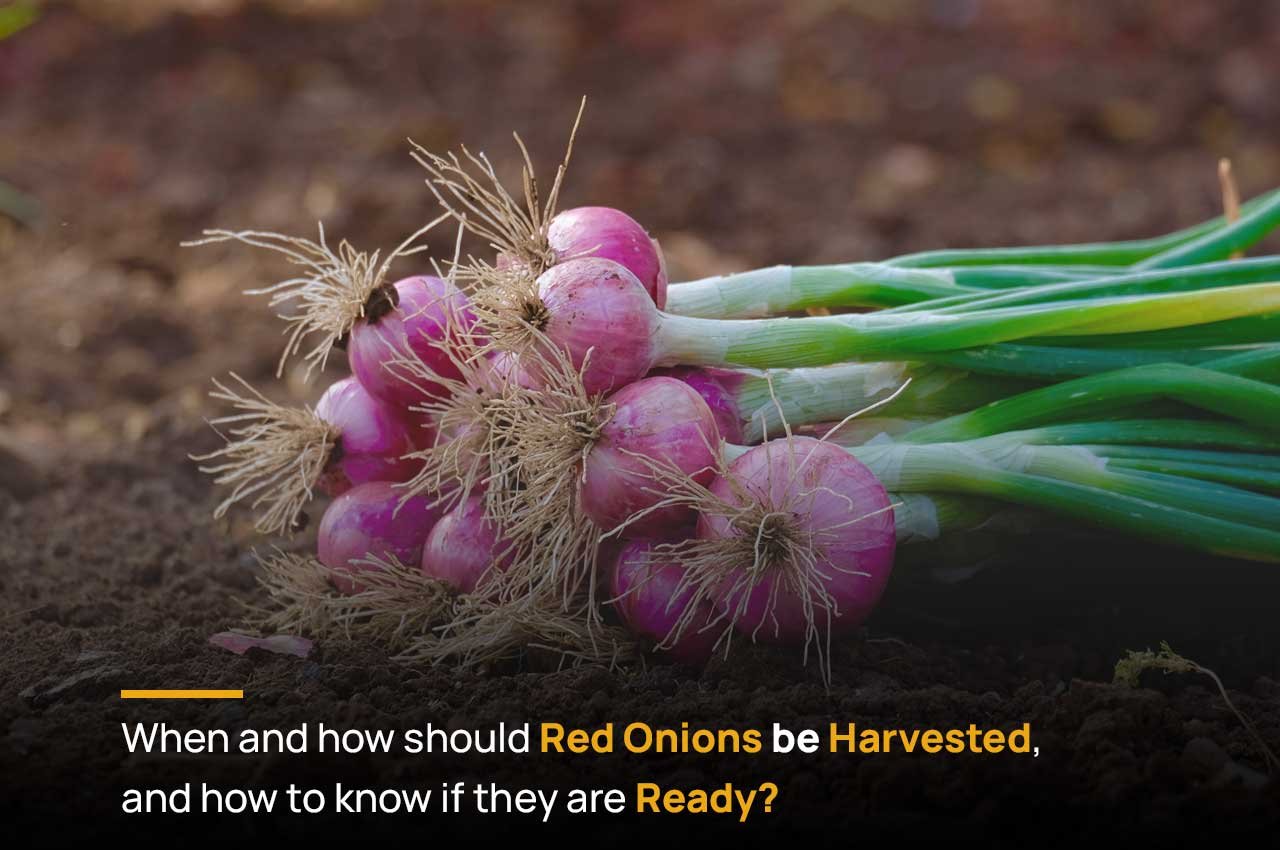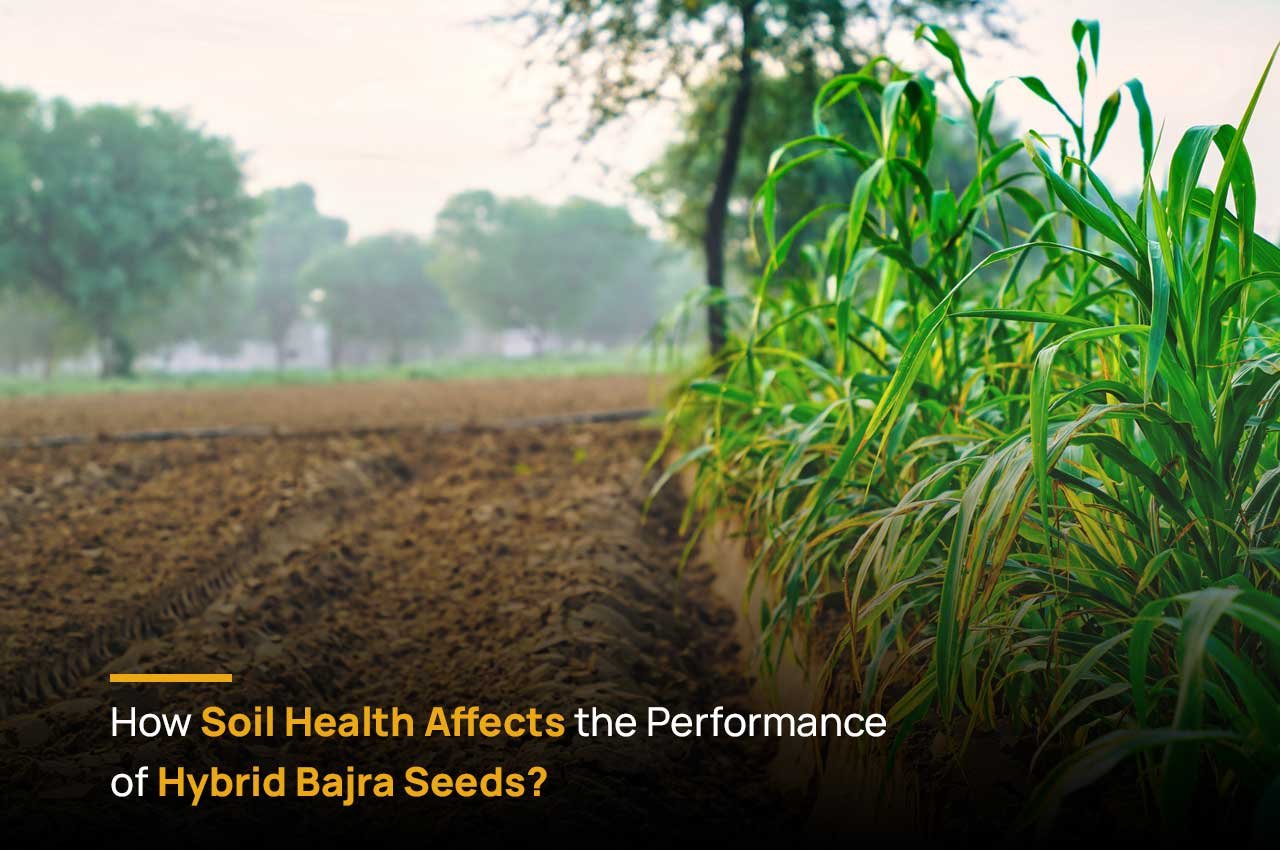
Unlocking High-Yield Potential with the Right Cotton Seed Varieties
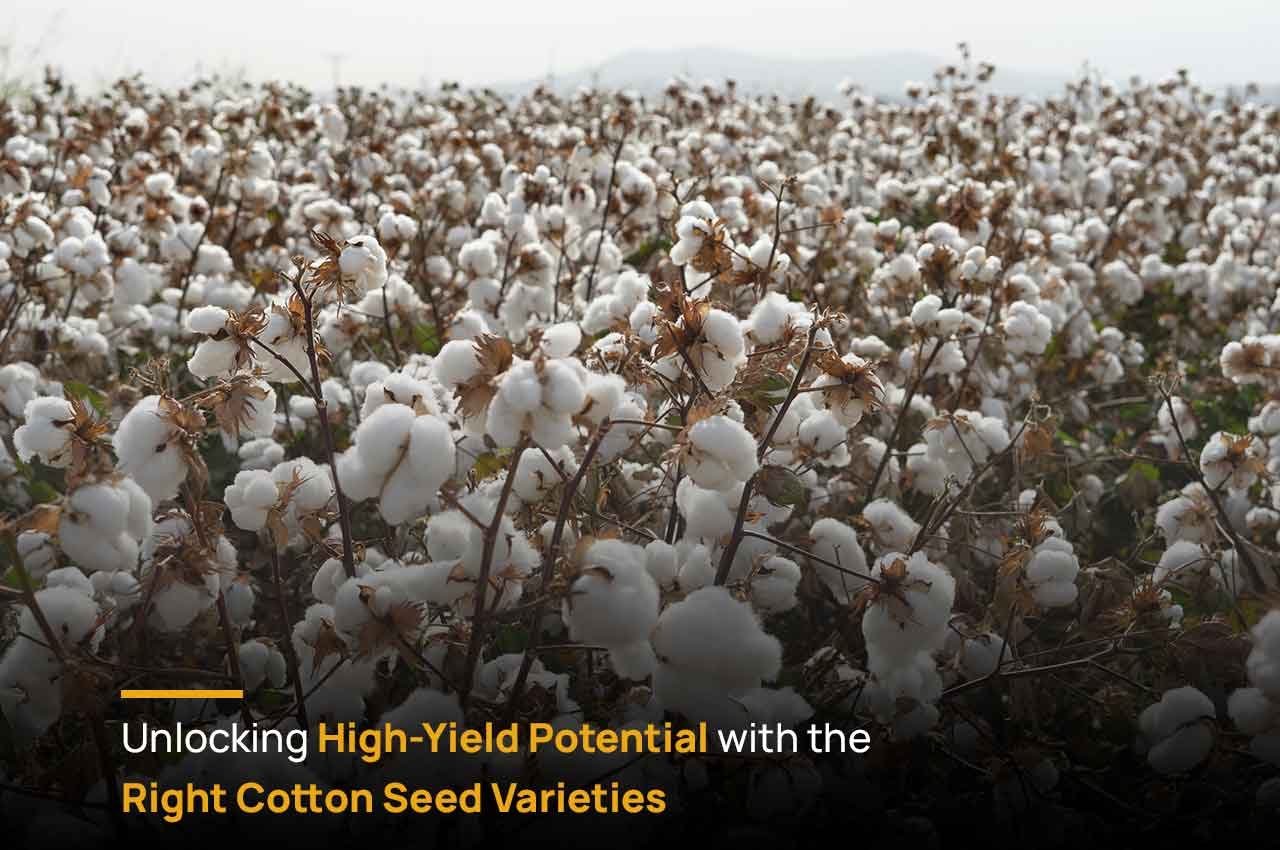
A successful cotton crop begins with the right foundation, high-performance cotton seeds. As the agricultural industry advances, farmers can now leverage cutting-edge cotton seed technologies to boost yields, enhance quality, and minimise environmental footprint. By investing in superior cotton seeds, farmers can optimise crop yields and quality, reduce environmental impact and promote sustainability, and enhance their farm’s competitiveness in the global market.
Whether you’re a small-scale or large-scale farmer, recognising the critical role of cotton seeds and partnering with a reputable seeds manufacturer can significantly elevate your farm’s productivity and profitability. By selecting the right cotton seeds, farmers can unlock the full potential of their crop, leading to improved returns on investment and a more sustainable farming operation.
The Importance of Choosing the Right Cotton Seeds
Cotton farming is an intricate process, requiring a delicate balance of climate, soil health, pest management, and irrigation. However, one factor stands out as particularly crucial: the cotton seed itself. With various types of seeds available, each boasting unique characteristics tailored to specific environments, selecting the right variety can significantly impact yield and crop resilience. Examples of such seeds include Chamko hybrid cotton seeds, Mauli hybrid cotton seeds, and Waghoba hybrid cotton seeds, each designed to meet specific agricultural needs and maximise productivity. The right seed variety can enhance yield, promote stronger and more disease-resistant growth, and improve fibre quality, which is crucial for the textile industry.Moreover, adaptable seeds can thrive in diverse climates and soil conditions, allowing farmers to optimise their crop’s potential.
For instance, drought-resistant seeds can mitigate the risks associated with inconsistent rainfall, while high-fibre seeds are ideal for regions producing premium textile products. By choosing the optimal cotton seed variety, farmers can unlock their crop’s full potential, ensuring a successful harvest and a competitive edge in the market.
Factors to Consider When Choosing Cotton Seed Varieties
To unlock the high-yield potential of cotton, it is essential to consider several key factors when selecting cotton seeds. These factors play a significant role in ensuring that the crop thrives throughout its growth cycle.
- Climate and Soil Type: Understanding your farm’s specific climate and soil type is vital. Some cotton seed varieties are better suited for hot, dry climates, while others thrive in cooler, more temperate regions. Similarly, soil conditions such as pH levels, fertility, and moisture retention must be considered to choose the most compatible seed variety.
- Resistance to Pests and Diseases: Pests and diseases are one of the biggest challenges faced by cotton farmers. Some seed varieties are engineered to be more resistant to common pests like boll weevils or diseases such as Fusarium wilt. By choosing these resistant varieties, farmers can reduce the need for chemical pesticides, lower costs, and improve crop health.
- Fibre Quality: The quality of cotton fibre is essential for the textile industry. Different cotton seeds produce fibres of varying lengths and strengths. High-quality seeds, like those that produce longer and finer fibres, can yield a higher price in the market and result in better-quality textiles. Farmers should work with trusted cotton seeds manufacturers to ensure they are choosing varieties that will meet the demands of the market.
- Yield Potential: The overall yield is a crucial factor in maximising profits. Varieties that produce more cotton per acre are desirable for farmers who wish to increase their productivity and profitability. Hybrid varieties and genetically modified (GM) cotton seeds are often designed to provide higher yields, making them an attractive option for commercial farming operations.
- Drought and Stress Tolerance: With the effects of climate change becoming more apparent, it’s crucial for farmers to select cotton seeds that are more resilient to environmental stressors such as drought. Certain seed varieties are genetically designed to withstand water shortages, ensuring that farmers can still produce a healthy crop even during dry periods.
The Role of Cotton Seeds Manufacturers in Ensuring Quality
While selecting the right variety of cotton seeds is essential, the source of these seeds is equally important. Partnering with a reputable cotton seeds manufacturer ensures that farmers are getting high-quality seeds that have been rigorously tested and proven to deliver optimal results.
A reliable cotton seeds manufacturer invests in research and development to create seeds that are tailored to specific regions and agricultural needs. This commitment to innovation and quality helps farmers access seeds with improved resistance to pests, diseases, and environmental stress. Furthermore, these manufacturers often provide valuable resources such as seed treatment advice, pest management strategies, and technical support, helping farmers make informed decisions for their operations.
Choosing a trustworthy cotton seeds manufacturer also provides farmers with the assurance that they are receiving certified, high-quality seeds. This certification guarantees that the seeds meet industry standards, ensuring that they are free from contaminants and have the potential for high germination rates, resulting in a better overall crop.
The Growing Trend of Hybrid Cotton Seeds
In recent years, hybrid cotton seeds have emerged as a preferred choice among cotton farmers, driven by their exceptional performance and adaptability. Through controlled cross-pollination, these seeds combine the desirable traits of two distinct cotton plant varieties, resulting in a superior genetic makeup. Engineered for excellence, hybrid cotton seeds offer higher yields, enhanced disease resistance, and improved resilience to environmental stresses, allowing farmers to optimise their crop’s potential and gain a competitive edge in the market.
Hybrid cotton seeds offer a significant advantage in modern cotton farming, producing uniform crops with higher productivity. These seeds yield plants with enhanced disease and pest resistance, reducing the need for chemical treatments and promoting sustainable farming practises. Moreover, hybrid cotton varieties are bred for traits like improved drought tolerance, making them invaluable in water-scarce regions. However, hybrid cotton seeds also present some challenges. Farmers cannot save and replant these seeds, as the resulting plants may not retain the beneficial traits of the parent plants. This means farmers must purchase new seeds each season, increasing costs.
Despite these considerations, hybrid cotton seeds remain a crucial component of modern cotton farming. By leveraging their benefits, farmers can improve productivity while adapting to changing environmental conditions, ultimately contributing to a more sustainable and resilient cotton industry.
Conclusion
Choosing the right cotton seeds is a crucial decision for farmers aiming to maximise their crop’s yield and profitability. By selecting a seed variety that aligns with their specific climate, soil type, pest resistance, and fibre quality needs, farmers can significantly boost their harvest. Partnering with a trusted cotton seeds manufacturer, like Yashoda hybrid seeds, ensures access to high-quality, genetically optimised seeds designed to meet unique agricultural requirements. As the cotton industry evolves, the right seeds can make all the difference in achieving a bountiful, high-quality harvest, paving the way for long-term success.


